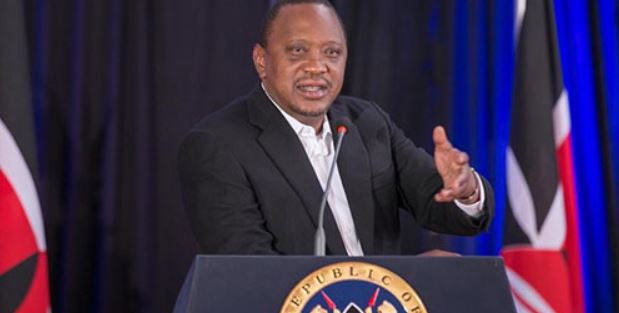×
The Standard e-Paper
Join Thousands Daily

The President and the Chief Justice differed on Thursday over budgets cut for the Judiciary, which Chief Justice David Maraga says are almost crippling court operations.
The two leaders met during the official release of the State of the Judiciary and Administration of Justice Report (SOJAR) 2018-2019 at the Supreme Court Building.